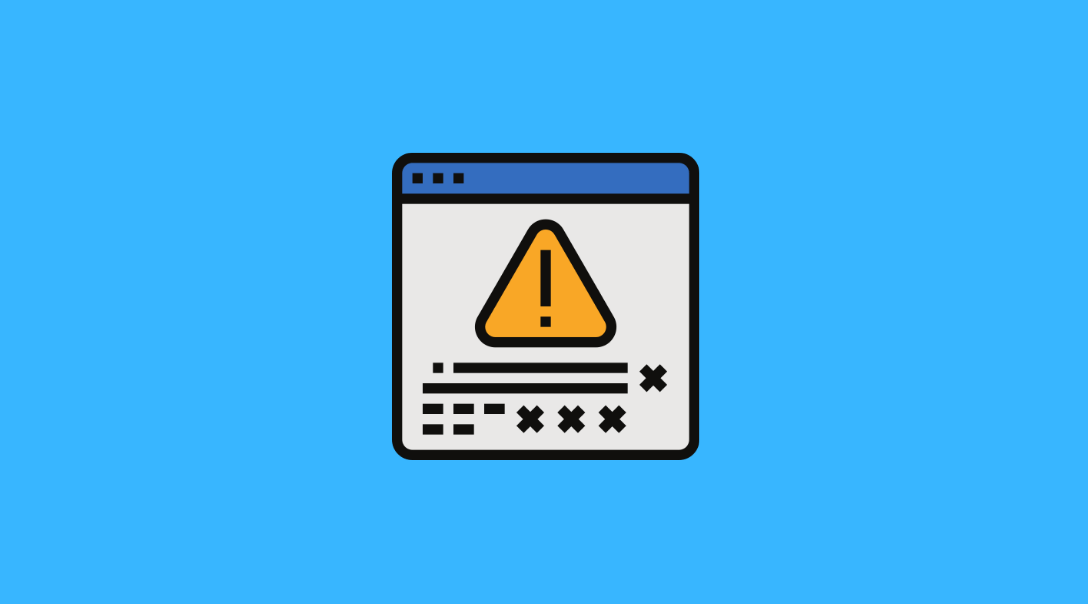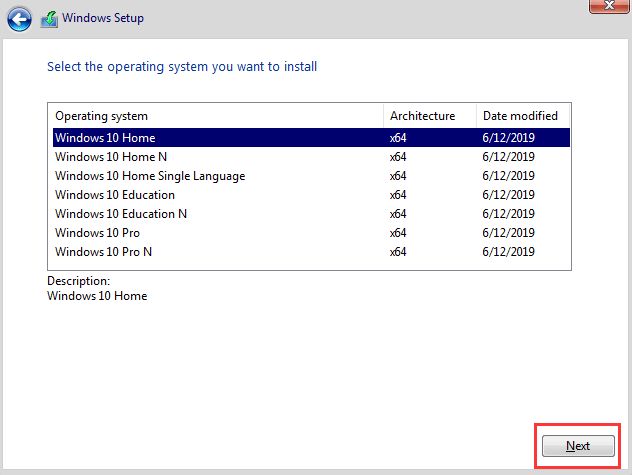When it comes to domain registrars that cater to the unique needs of DevOps professionals, two names stand out: Cloudflare and Namecheap. Both companies have carved out significant reputations in the tech ecosystem, but when it’s time to choose the best registrar for a DevOps-friendly workflow, the decision gets a bit nuanced. From DNS management to API integration, understanding how these platforms stack up against one another can drastically influence deployment pipelines and operational efficiency.
The Importance of Registrar Choice in a DevOps Workflow
DevOps emphasizes automation, continuous integration and delivery (CI/CD), and scalable infrastructure. That means domain registration and DNS control aren’t just about renting a web address—they’re critical components of application uptime, system security, and deployment agility.
Choosing a registrar that plays well with your DevOps tools can reduce friction, improve response times, and enable seamless scaling. Thus, the comparison between Cloudflare and Namecheap is not just cosmetic—it affects the smooth operation of code deployment, user experience, and even security posture.
Cloudflare: A DevOps-Aligned Giant
Cloudflare’s origin lies in performance and security. Although it entered the domain registration space more recently than competitors, it’s quickly become a favorite for engineers who value automation and reliability.
Features That Benefit DevOps
- DNS Speeds and Performance: Cloudflare’s authoritative DNS service is one of the fastest in the world, with widespread CDN support and global edge locations to ensure ultra-low latency changes.
- API-First Design: The Cloudflare API allows complete control over DNS, caching, filtering, and SSL settings. This is gold for DevOps teams looking to automate infrastructure setup in CI/CD pipelines.
- GitHub Integrations: Cloudflare supports integrations with GitHub Actions, enabling automated deployments and DNS rerouting during test and production phases.
- Built-in Security: From DDoS protection to Web Application Firewalls (WAFs), Cloudflare covers essential security areas with minimal configuration.

Pricing Model
Cloudflare offers wholesale domain pricing with no markup, which is compelling for startups and enterprises provisioning hundreds or thousands of subdomains. However, domain availability is somewhat limited, as not all TLDs are supported yet.
Namecheap: Trusted and Versatile
Namecheap has long been a go-to name for domain registrations. With over 20 years in the business, it’s known for user-friendly interfaces, affordable pricing, and good customer service—which isn’t to be underestimated, especially for smaller DevOps teams or solo developers.
DevOps-Friendly Features
- Wider TLD Support: Namecheap supports an extensive list of domain types, which makes it a strong choice when dealing with region-specific or newer TLDs (.dev, .cloud, etc.).
- Solid DNS Management: Namecheap’s DNS is robust, though not as lightning-fast as Cloudflare’s. Still, it supports basic automation and offers a reasonably good API.
- API Access: While functional, the API is slightly more limited than Cloudflare’s and lacks the seamless integrations for more advanced automation tasks.
- Third-Party Integration: It supports integration with popular platforms like AWS Route 53 and DigitalOcean, albeit with some manual configuration.

Security and SSL
Namecheap offers free WhoisGuard privacy protection and Basic SSL certificates. However, its WAFs and DDoS protections are not as advanced as Cloudflare’s, making it a better fit for lower-risk or development-stage projects.
User Experience & Dashboard Usability
Both Cloudflare and Namecheap offer intuitive dashboards, but their philosophies differ.
- Cloudflare: More focused on real-time changes and developer access, which is conducive to frequent deployments and continuous monitoring.
- Namecheap: Designed with general users in mind. Easier for non-tech-savvy individuals but slower for power users reliant on rapid edits and global propagation metrics.
Automation & CI/CD Suitability
A key metric for DevOps alignment is how well a registrar fits into CI/CD pipelines and infrastructure as code (IAC) tools like Terraform or Pulumi.
- Cloudflare: Offers Terraform provider modules, full API documentation, and webhook support. Ideal for DevOps who want their infrastructure to write and manage itself.
- Namecheap: Less direct Terraform support and requires workarounds or community-driven plugins, which might not be enterprise-grade or future-proofed.

Support and Documentation
Support can often be a tie-breaker when things go wrong in a live environment.
- Cloudflare: Offers extensive developer documentation, community forums, and priority support for enterprise clients. However, basic-tier users sometimes report slow response times.
- Namecheap: Known for excellent customer support at all tiers, including 24/7 live chat. Especially beneficial for new DevOps professionals still learning the ropes.
Pros and Cons Summary
Cloudflare
- Pros: Fast DNS, advanced API, robust security, free and automated SSL, high automation potential.
- Cons: Limited domain extensions, basic-tier support is slower, requires more technical expertise.
Namecheap
- Pros: Budget-friendly, excellent support, broader TLD coverage, strong for beginners.
- Cons: DNS and automation features not as advanced, fewer integration options, slower changes.
Who Supports DevOps Best?
For DevOps-centric tasks, Cloudflare takes the edge. Its infrastructure is built to scale, with developer-focused features that integrate naturally into CI/CD pipelines and IAC tools. It’s especially suitable for medium to large-scale operations where performance, automation, and security intertwine.
Namecheap remains a solid choice for smaller teams or projects in early development stages—where human support and broader domain options can be more valuable than advanced APIs or milliseconds of latency reduction.
Final Verdict
If you’re in DevOps and want to automate everything from your deployments to your DNS settings, Cloudflare is the go-to registrar. If you’re just starting your DevOps journey or need a versatile domain manager with stellar customer service, Namecheap is the wiser starting point.
FAQs
- Q: Can I use Namecheap domains with Cloudflare DNS?
A: Yes. You can point your Namecheap domain to Cloudflare’s nameservers to take advantage of their DNS features and performance. - Q: Does Cloudflare support automated SSL for every domain?
A: Yes. It offers free Universal SSL automatically and supports advanced configurations like custom certificates. - Q: Is Cloudflare’s pricing really wholesale?
A: Yes, Cloudflare claims they sell domains at the exact price they pay the registries, with no markup. - Q: Can I use Terraform with both Namecheap and Cloudflare?
A: While there is native support for Cloudflare in Terraform, Namecheap support requires community providers and custom scripting. - Q: Which registrar offers better customer support?
A: Namecheap is usually rated higher for support, especially for non-enterprise users who need human interaction.





